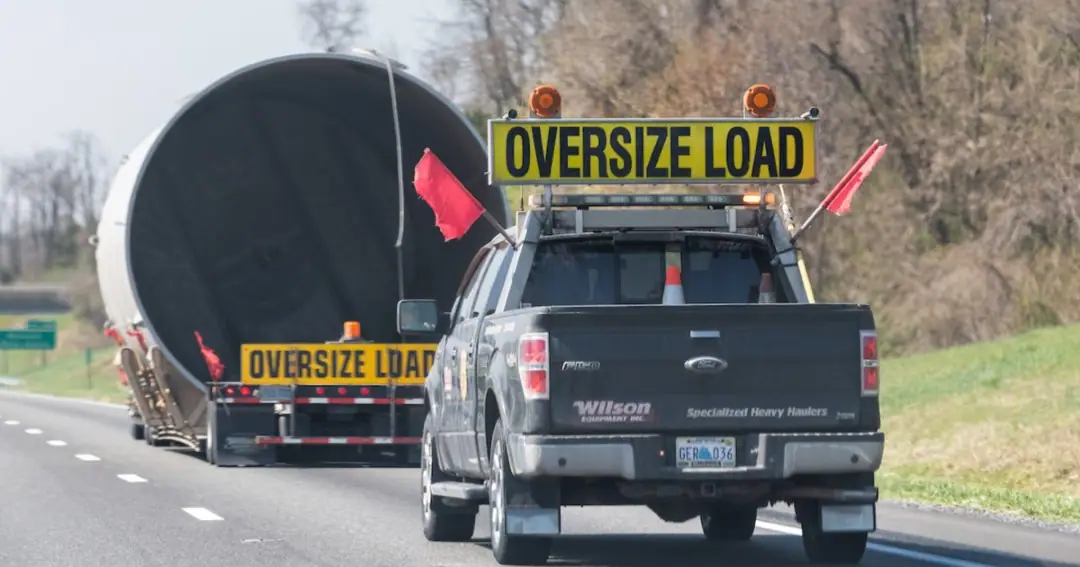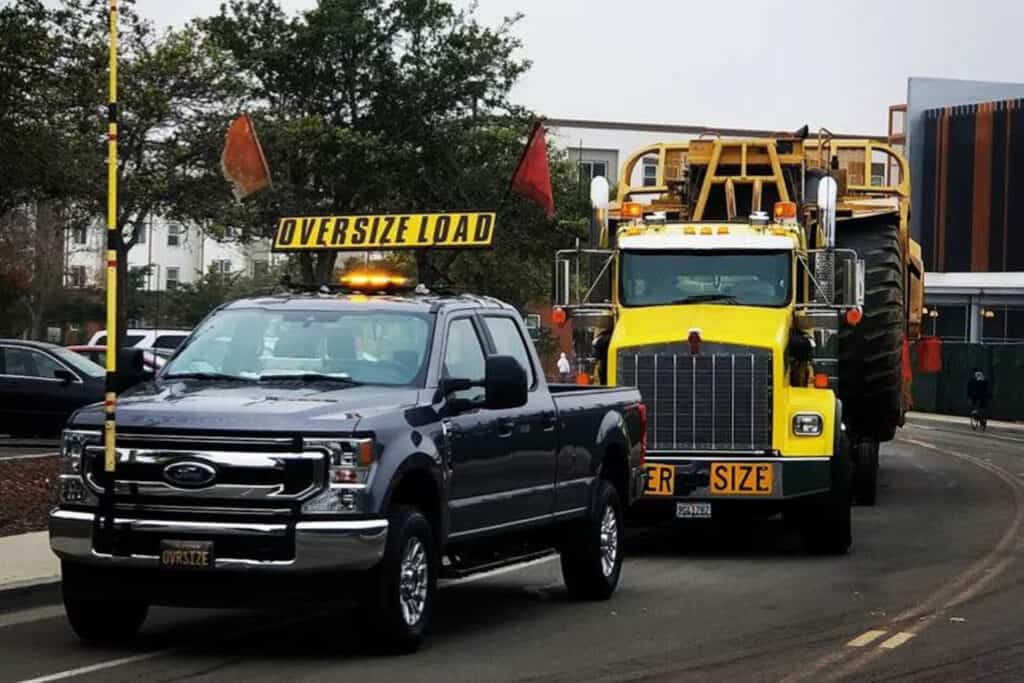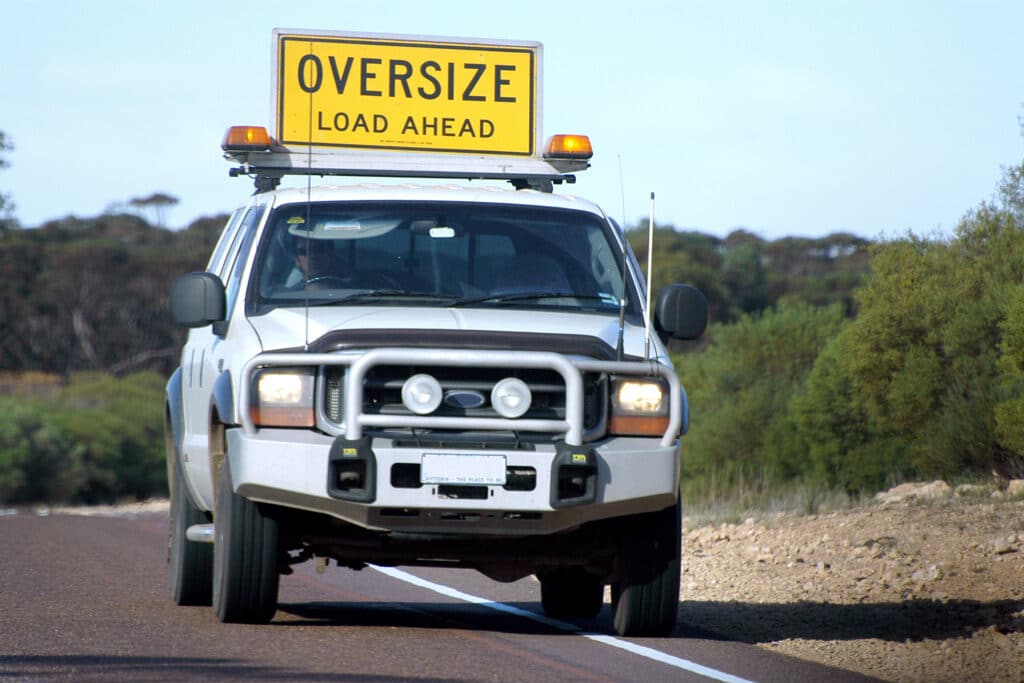Are you interested in embarking on an exciting entrepreneurial journey in the transportation industry? Starting a pilot car business can be a rewarding venture. Pilot cars, also known as escort vehicles or flag cars, play a crucial role in ensuring the safe transportation of oversize and overweight loads. These vehicles escort and guide large, specialized loads like construction equipment, wind turbine blades, and prefab homes on highways. In this comprehensive guide, we’ll walk you through the essential steps to start your own pilot car business.
Understanding the Pilot Car Business
Before diving into the specifics of starting a pilot car business, it’s important to grasp the fundamentals of this industry. Pilot cars are instrumental in assisting the safe movement of oversized loads, ensuring that they navigate the roadways without causing accidents or damage. They serve as escorts for wide, tall, or heavy cargoes, providing valuable support to the drivers of these exceptional vehicles. To get started in this business, you need to consider several key factors.
Step 1: Research and Planning
To successfully launch your pilot car business, you must begin with thorough research and meticulous planning. Here’s what you need to consider:
1.1 Market Research: Analyze the demand for pilot car services in your target area. Research the types of oversize loads frequently transported and the companies that require escort services.
1.2 Licensing and Regulations: Familiarize yourself with state and federal regulations governing pilot car operations. Requirements vary by location, so be sure to understand the rules and obtain the necessary permits and certifications.
1.3 Vehicle and Equipment: Invest in the appropriate vehicle and equipment for your pilot car. You may need safety lights, signs, two-way radios, and other essential gear to ensure safety and compliance.

Step 2: Business Setup
Once you’ve conducted your research and made a plan, it’s time to take concrete steps to set up your pilot car business.
2.1 Legal Structure: Decide on the legal structure of your business, such as a sole proprietorship, LLC, or corporation. Consult with a legal professional or accountant to make the right choice for your circumstances.
2.2 Business Registration: Register your business and obtain any necessary licenses and permits. These requirements can vary by location, so be sure to comply with local regulations.
2.3 Insurance: Secure insurance coverage for your pilot car. This typically includes liability insurance to protect against accidents or damage that may occur during escort missions.
Step 3: Equipment and Training
The success of your pilot car business largely depends on the quality of your equipment and the competence of your team. Ensure that your equipment meets safety and regulatory standards. Additionally, invest in training for you and your drivers.
3.1 Vehicle and Equipment: Purchase a reliable and appropriately equipped pilot car. Make sure your vehicle has all the necessary safety features and is maintained in good working condition.
3.2 Driver Training: Provide comprehensive training for your drivers. They should be well-versed in safety protocols, navigation, and communication procedures while escorting oversize loads.

Step 4: Marketing and Networking
To attract clients and build a strong reputation, you need effective marketing strategies and networking efforts.
4.1 Online Presence: Create a professional website for your pilot car business. Ensure it’s informative, easy to navigate, and showcases your services and contact information.
4.2 Social Media: Utilize social media platforms to promote your services, share updates, and engage with potential clients.
4.3 Networking: Connect with transportation companies, trucking firms, and logistics providers. Building strong relationships with these industry players can lead to lucrative contracts.
What are the typical requirements for a pilot car business license? The requirements for a pilot car business license can vary by location. Typically, you’ll need to obtain a permit, maintain insurance, and meet specific vehicle and equipment standards. It’s crucial to research the regulations in your area to ensure compliance.
How do I find oversize load jobs for my pilot car business? To find oversize load jobs, you can network with transportation companies, logistics providers, and trucking firms. Additionally, online load boards and freight matching websites can help you identify available escort opportunities.
What are the key safety considerations for pilot car operations? Safety is paramount in the pilot car business. Drivers should be well-trained in safety protocols, have the necessary safety equipment, and maintain clear communication with the load driver. Staying alert, following regulations, and using proper lighting and signage are essential.
How can I differentiate my pilot car business in a competitive market? To stand out in a competitive market, focus on professionalism, reliability, and exceptional service. Building a strong online presence, maintaining a fleet of well-maintained vehicles, and providing responsive customer service can help set your business apart.
Conclusion
Starting a pilot car business is an exciting venture that can be financially rewarding. By conducting thorough research, adhering to regulations, investing in quality equipment and training, and effective marketing, you can build a successful and reputable pilot car business. Remember to stay up-to-date with industry trends and continuously improve your services to thrive in this competitive field. As the demand for oversize load transportation continues to grow, your pilot car business can play a crucial role in ensuring safe and efficient transport on our roadways.

